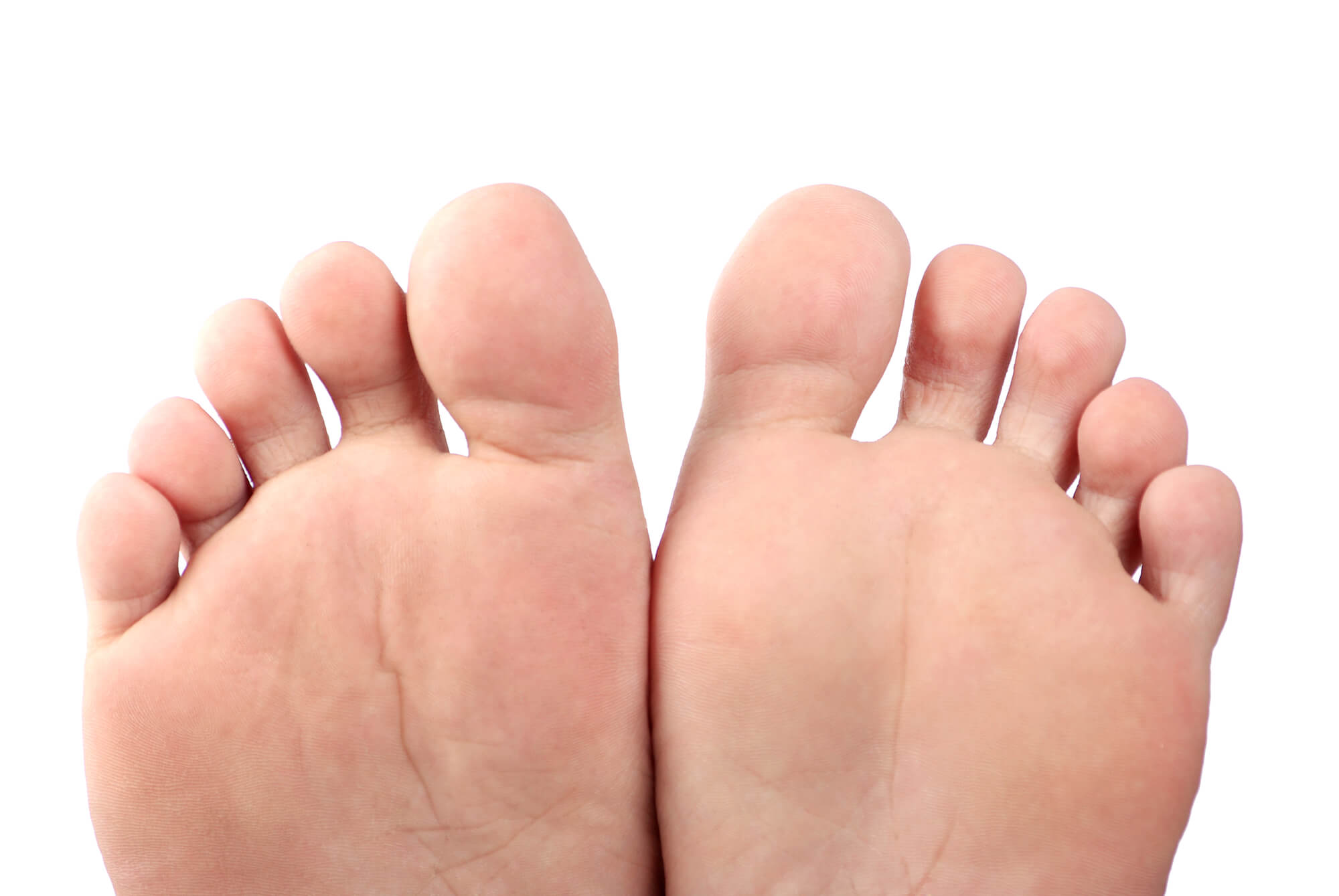Early Warning Signs of Foot Neuropathy
Foot neuropathy, also known as peripheral neuropathy, is a condition that affects the peripheral nerves in the feet. These nerves are responsible for sending signals to and from the brain; when they become damaged or impaired, they can lead to various symptoms. It is important to recognize the early warning signs of foot neuropathy, as early detection and treatment can prevent the condition from progressing and causing more severe complications.
Symptoms
The symptoms of foot neuropathy can vary depending on the affected nerve type. The most common symptoms include numbness, tingling, and foot weakness. These symptoms may also extend to the legs and hands. Other symptoms of foot neuropathy may include:
Sensory Symptoms
- Numbness or tingling in the feet
- Loss of sensation in the feet
- Sharp, shooting pain in the feet
Motor Symptoms
- Weakness or muscle wasting in the feet
- Difficulty moving the feet or toes
- Loss of balance or coordination
Autonomic Symptoms
- Changes in skin color or temperature
- Sweating abnormalities
- Alteration in blood pressure
The symptoms of foot neuropathy depend on which type of nerve is affected. Damage to the sensory nerves can lead to numbness, tingling, and pain. Motor nerve damage may cause weakness, muscle wasting, and difficulty moving the feet or toes. Autonomic nerve damage may cause changes in skin color, sweating, and blood pressure.

Risk Factors
Several risk factors may increase the likelihood of developing foot neuropathy. The most common risk factor is diabetes, as high blood sugar levels can damage the nerves over time. People with diabetes are at a much higher risk of developing foot neuropathy. Alcoholism is another major risk factor, as excessive alcohol consumption can also damage the nerves. Nutritional deficiencies, such as a lack of vitamin B12, can also increase the risk of foot neuropathy. Certain medications, such as chemotherapy drugs, can also cause nerve damage. Trauma or injury, especially to the feet or legs, can also increase the risk of developing foot neuropathy.
Diagnosis and Treatment
If you suspect that you may have foot neuropathy, it is important to visit a podiatrist. Podiatrists are specialists in diagnosing and treating conditions that affect the feet and lower legs. They can perform a physical examination, take a detailed medical history, and perform nerve conduction studies, electromyography, or nerve biopsy to confirm the diagnosis.
The treatment options for foot neuropathy depend on the underlying cause. For example, if diabetes is the cause, then controlling blood sugar levels is essential to prevent further nerve damage. Medications like pain relievers, antidepressants, and anti-seizure drugs may be used to manage symptoms. Physical therapy may also help treat foot neuropathy. Nerve stimulation, such as transcutaneous electrical nerve stimulation (TENS) or spinal cord stimulation, may also help manage symptoms. Surgery may sometimes be required to relieve pressure on the nerves.

Prevention
You can take several measures to reduce your risk of developing foot neuropathy. The first is to control your blood sugar levels, especially if you have diabetes. This is essential to prevent further nerve damage. It is also important to maintain a healthy diet and get regular exercise. This can help prevent obesity, a risk factor for foot neuropathy.
Another way to reduce your risk of developing foot neuropathy is to avoid excessive alcohol consumption. If you are taking any medications that can cause nerve damage, you must talk to your doctor about the potential risks and whether alternative options are available. If you have any injuries or traumas to your feet or legs, it is important to have them treated as soon as possible to prevent further damage.
Self-care measures can also help manage symptoms of foot neuropathy. For example, you can take over-the-counter pain relievers, such as ibuprofen or acetaminophen, to help manage pain. You should also avoid wearing tight shoes or high heels, as these can compress the nerves in the feet. Instead, opt for comfortable shoes with good arch support. You can also try using a heating pad or taking warm baths to help relieve pain and discomfort.
Conclusion
Foot neuropathy is a condition that affects the peripheral nerves in the feet, causing symptoms such as numbness, tingling, and weakness. Risk factors for the condition include diabetes, alcoholism, nutritional deficiencies, certain medications, and trauma or injury. Early detection and treatment by a podiatrist can prevent the condition from progressing and causing severe complications. It is important to be aware of the early warning signs and to take preventative measures such as controlling blood sugar levels, maintaining a healthy diet and exercise, and avoiding excessive alcohol consumption. If you suspect you may have foot neuropathy, it is important to consult a podiatrist for proper diagnosis and treatment.
FAQ
What are the first signs of neuropathy in your feet?
The first signs of neuropathy in the feet may include numbness, tingling, and weakness in the feet. These symptoms may also extend to the legs and hands. Sharp shooting pain in the feet is also common.
Where does foot neuropathy start?
Foot neuropathy, also known as peripheral neuropathy, starts in the peripheral nerves in the feet. These nerves are responsible for sending signals to and from the brain; when they become damaged or impaired, they can lead to various symptoms.
What triggers neuropathy in feet?
The most common trigger of neuropathy in the feet is diabetes, as high blood sugar levels can damage the nerves over time. Alcoholism is another major trigger, as excessive alcohol consumption can also damage the nerves. Nutritional deficiencies, certain medications, and trauma or injury can also trigger foot neuropathy.
How do you check for foot neuropathy?
If you suspect that you may have foot neuropathy, it is important to visit a podiatrist. Podiatrists are specialists in diagnosing and treating conditions that affect the feet and lower legs. They can perform a physical examination, take a detailed medical history, and perform nerve conduction studies, electromyography, or nerve biopsy to confirm the diagnosis.
Where do your feet hurt with neuropathy?
With neuropathy, pain is common in the feet, toes, and soles of the feet. It can also be felt in the legs and hands. The pain can be described as sharp, shooting, burning, or tingling. Numbness and loss of sensation may also be present.

